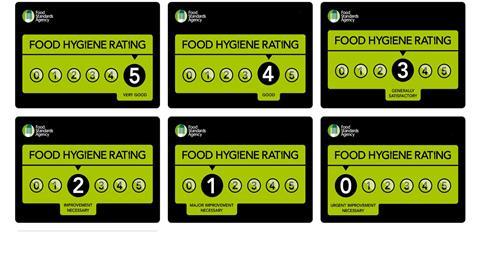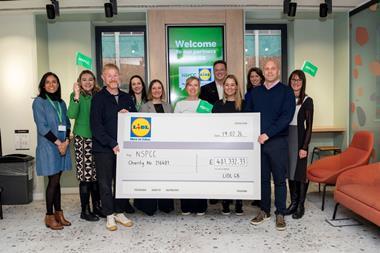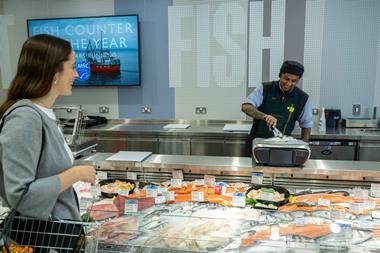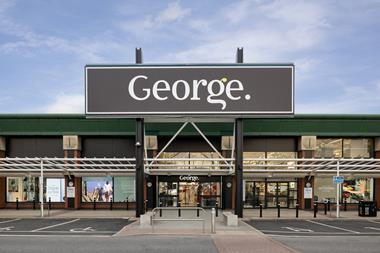Since 2017, the Food Standards Agency has trialled plans to let supermarkets conduct their own Scores on the Doors food safety inspections. The reasoning was sound: the risk from failing to meet the standards is too great, and supermarkets have the resources and the systems not only to comply but to set up a nationally run system of food hygiene and safety audits. Meanwhile, the FSA could free up underfunded local authority inspection teams to focus on higher-risk independent outlets.
So, after many delays, those plans looked all set to go ahead, as The Grocer revealed in a series of recent exclusives. In fact, the plan was to extend them to large foodservice chains and large manufacturers too.
But the BBC’s undercover investigation this week into the FSA’s flagship food hygiene ratings systems looks likely to shatter those plans. And that’s a good thing.
On the one hand, there has to be some sympathy with the FSA, given the state of local authority coffers. Indeed, an FSA report out this very week shows more than 100,000 businesses, many of them supermarkets, are overdue their food hygiene inspections – while 40,000 new businesses have never been inspected. They are so broke they aren’t even close to catching up on the backlog from the pandemic.
Trouble is, as the BBC’s investigation proves, there is no substitute for boots on the ground. The fact that Sainsbury’s was one of those retailers caught up in its findings, with staff found to have lied about the hygiene ratings of one of its stores in Leyton, shows what happens when supermarkets are given too much rope. It’s the human element. The individual cover-ups. So even with the best systems and processes, Sainsbury‘s misled customers for many months, claiming both in signage and on its website that it had a top hygiene rating at the store – when its actual score was zero.
There’s a human failing in Sainsbury’s response as well. It pays lip service, trotting out the “food safety is our number one priority” line and blaming an admin error, while claiming 95% of its stores were rated five stars. “We’ve removed an outdated rating sticker at our Leyton High Road Local store and reviewed our procedures to ensure this doesn’t happen again,” it vowed. But it sends all the wrong messages. What about the other 5%? Where is the apology? The anger? The root and branch investigation?
With senior food safety figures such as Professor Chris Elliott calling for the FSA to make the impoverished voluntary ratings scheme mandatory, is this really the time to give supermarkets more power, even if the FSA is right that this stops short of full self-regulation?
And, for that matter, do supermarkets – and other major food businesses – even want the responsibility?
Yes, poor hygiene practices and safety risks are more likely in smaller businesses, but when they happen at supermarkets, the impact on reputations and public confidence is enormous. So yes, the FSA should be working with supermarkets and other large suppliers to bolster the technology available to aid cash-strapped local inspectors – but to remove them altogether increasingly seems like a step too far.




















No comments yet